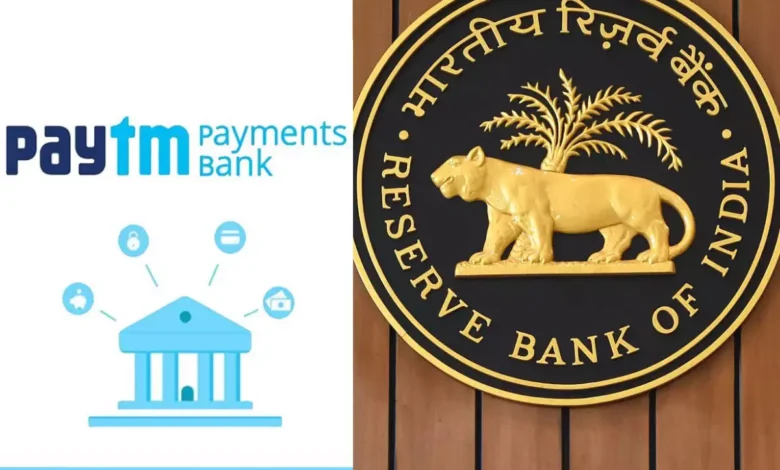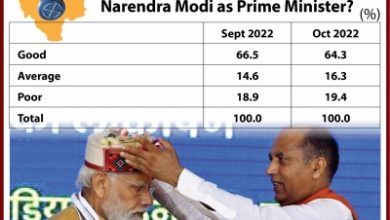
Feature: In January 2024, the Reserve Bank of India (RBI) issued orders for Paytm Payment Bank to terminate its nodal accounts by February 29, 2024, effectively halting its operations. This move came after a series of legal actions against the company, including a ban by the National Highway Authority of India (NHAI) on Paytm Payment Bank for selling fastags in the same month.

Since its inception in 2015, Paytm Payment Bank has faced multiple regulatory challenges from the RBI. The timeline of these issues sheds light on the company’s troubled journey. In August 2015, Paytm received RBI’s in-principle approval for its banking license. However, in June 2018, the RBI banned the bank from onboarding new users for accounts and wallets. Fortunately, this ban was lifted in January 2019. Paytm’s troubles continued, with the company facing scrutiny and directives from the RBI regarding IT systems in March 2022. In September 2022, the Enforcement Directorate (ED) raided Paytm’s premises in Bangalore in connection with a case involving illegal Chinese funding. Additionally, in October of the same year, Paytm Payment Bank was penalized Rs. 5.4 crore by the RBI for KYC non-compliance. These issues culminated in the RBI’s order to terminate nodal accounts in 2024.
The reasons behind these legal actions stem from various shortcomings in Paytm’s operations. One significant concern was the company’s approach to Know Your Customer (KYC) compliance. Paytm’s KYC form automatically opened a Paytm account for users without explicit consent, creating a gray area in user consent. Another misstep occurred in 2017 when Paytm recruited agents to open savings accounts, leading to an influx of unauthorized accounts due to the involvement of third-party agents in decision-making.
A major blow to Paytm’s credibility came from its ties to Chinese companies such as Ant Financial and Softbank, which held significant stakes in the company. Concerns arose regarding data security and potential leaks to China, prompting government intervention. Following an independent audit, Paytm faced continued non-compliance issues, further damaging its reputation.
The implications of these legal actions extend to Paytm’s users, who may experience disruptions in services. To mitigate the impact, Paytm must transition from Paytm Payment Bank to alternative payment partners. Services offered in partnership with other banks are expected to continue.






